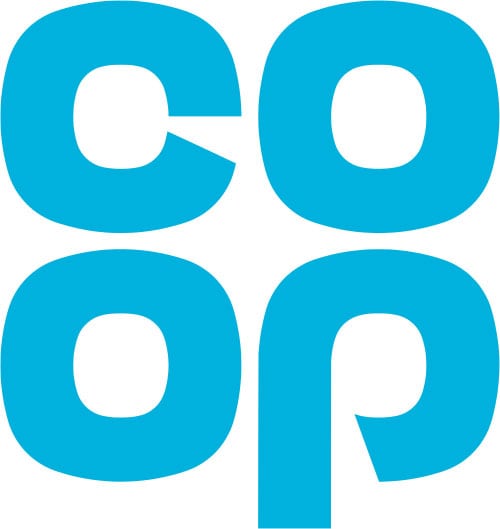
August 28, 2018; The World (Coos Bay, Oregon)
The The Northwest Cooperative Development Center (NWCDC) reports that their nonprofit, along with a partner nonprofit, the Washington State Grange, has been awarded three grants from the US Department of Agriculture to provide co-op education to business owners nearing retirement in the states of Washington, Oregon, and Idaho. The grants will fund what NWCDC has dubbed “the Legacy Project“ and “will engage small business advisors located in rural communities and trusted by the businesses they serve.” The Affiliated Tribes of Northwest Indians (ATNI) will also be a partner in technical education and service delivery.
The Legacy Project, notes Nicolas Johnson in The World, “aims to assist in educating aging rural business owners in the benefits of selling their business to their employees.” By the year 2024, NWCDC notes, the entire Baby Boom generation will be over 60 years old.
“Rather than have these businesses disappear and the jobs disappear with them, one option is selling to their employees as a worker co-op,” says John McNamara, a cooperative development specialist with NWCDC. As NWCDC notes on its website, “Rural business owners without a clear exit strategy may benefit by selling to their employees through either a cooperative or an employee stock ownership plan (ESOP). These models offer owners a viable exit strategy, offer opportunities for rural workers to retain their jobs, allow for the retention of local ownership, and maintain economic vibrancy and identity for the community.”
Sign up for our free newsletters
Subscribe to NPQ's newsletters to have our top stories delivered directly to your inbox.
By signing up, you agree to our privacy policy and terms of use, and to receive messages from NPQ and our partners.
All told, the grants “will provide funding for identifying business advisors in several Pacific Northwest rural communities and creating educational workshops on the cooperative business model.” The grants cover these communities:
- In Idaho, the Legacy Project focuses on Salmon, Hagerman, and Driggs.
- Oregon communities include La Grande, Ontario, Redmond, Coos Bay, and Klamath Falls.
- Washington communities include Aberdeen, Centralia, Colfax, Longview, Moses Lake, Mt. Vernon, Port Angeles, Shelton-Olympia, Toppenish, and Wenatchee.
The timing of the grants is auspicious. As NPQ reported earlier this month, the passage of the Main Street Employee Ownership Act two weeks ago—the first significant supportive legislation to pass Congress in over 20 years—facilitates access to Small Business Administration (SBA)-guaranteed loans to help finance the transition of family-owned businesses to employee ownership. As McNamara puts it, “Congress [has] added to the mandate of the Small Business Administration to start promoting and supporting worker co-op conversion.”
The nonprofit’s approach seems to be strike while the iron is hot. “We’re launching the project now,” says McNamara. “We thought that this would be a good time to launch with Labor Day right around the corner. Over the next eight weeks, we’re going to try and visit all the communities we’ve listed, and hopefully have one-on-one interviews with folks in the community.”
“We start by reaching out to the communities to see what these professionals need to be able to consider becoming a co-op.” McNamara says. For example, in Coos Bay, Oregon, NWCDC reached out to the South Coast Development Council, a local economic development agency.
On NWCDC’s legacy project website, the organization notes that it will seek out a wide range of partners to support the ownership conversion process. “It takes a village to create a co-op,” the nonprofit co-op developer explains. “The Legacy Project draws on considerable knowledge and experience in the cooperative world along with professional technical assistance providers in the areas of law, accounting, finance, and estate planning.”—Steve Dubb













